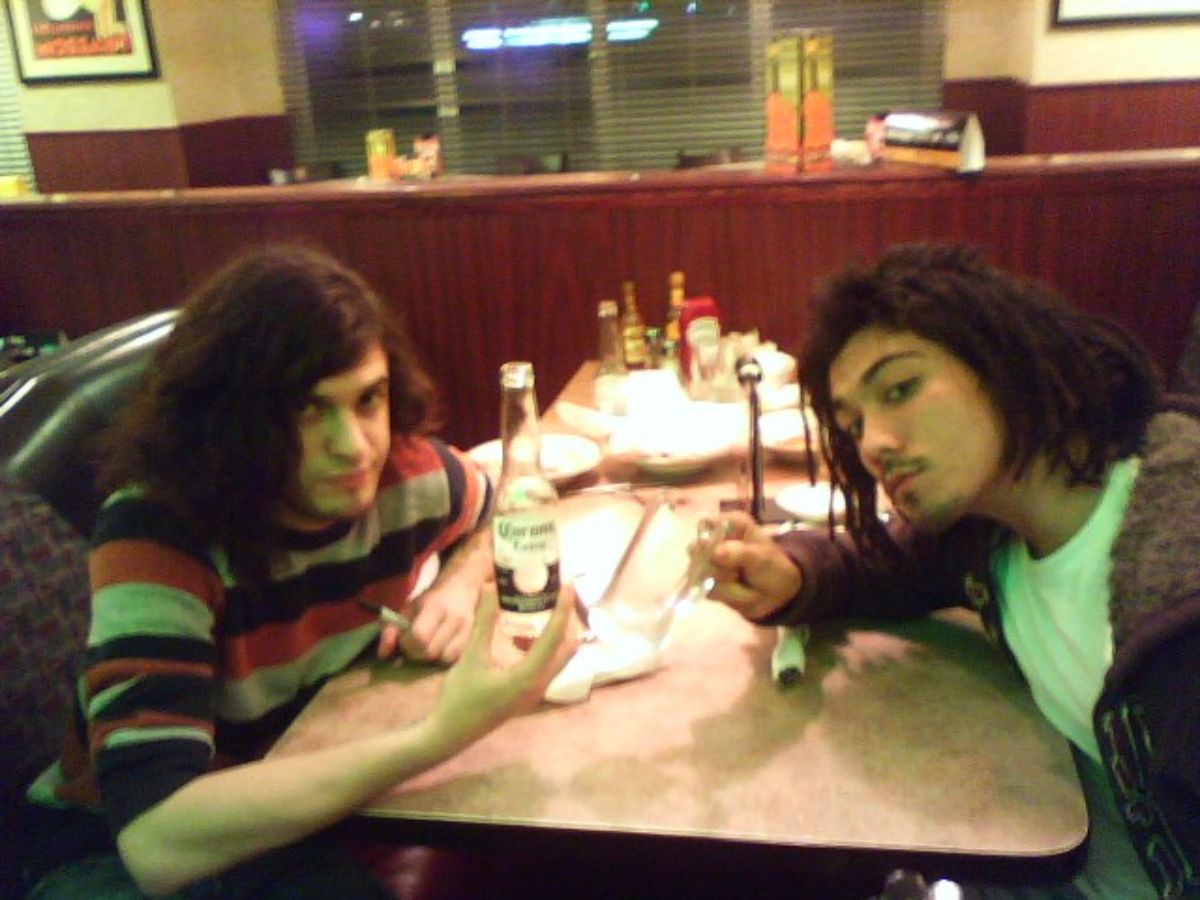The Fall of Troy will be canceling their Sioux Falls show tomorrow due to van troubles.
Tag: the fall of troy



In a 2007 interview with Ryan Minic of Ryan’s Rock Show, Thomas Erak of The Fall of Troy talked about his vision for the band’s evolving sound, upcoming releases, the changing music industry, and his frustrations with genre expectations.
He revealed that The Fall of Troy was working on two separate EPs instead of a full-length album, with each release showcasing a different side of the band. The first EP would be abrasive, raw, and chaotic, leaning into their heavier influences. The second EP would be more structured, dynamic, and melodic, showcasing their ability to write hooks and memorable songwriting while still maintaining their core intensity.
Thomas was frustrated with fans and critics who expected them to stay in one lane, saying that music should evolve and that they weren’t afraid to experiment. He dismissed the idea that writing catchy songs meant “selling out,” emphasizing that The Fall of Troy had always blended aggression with melody. He cited bands like Say Anything as major influences, explaining that he loves pop songwriting just as much as chaotic, technical music, and didn’t see why they couldn’t combine both worlds.
Discussing the state of the music industry, Thomas predicted that record labels would become obsolete within five years, with bands moving toward self-releasing music and cutting out middlemen. He pointed to Radiohead’s pay-what-you-want model as an example of how the industry was shifting, saying that in the future, physical albums might only be sold at live shows, making concerts the main way for bands to make money. He also believed that live music would have a resurgence, since digital music was becoming too accessible and disposable.
He addressed pressure from labels, saying that The Fall of Troy had been lucky because Equal Vision Records gave them complete creative freedom. He credited the label for never trying to shape their sound or interfere with their artistic decisions, which is why they had stayed with them. However, he still had a general distrust of major labels, saying that the industry was controlled by a handful of corporations that prioritized trends and marketability over creativity.
Thomas also discussed the impact of the band’s success on his personal life, admitting that fame had strained some friendships. He mentioned that some old friends started treating him differently once the band got bigger—either acting jealous or trying to take advantage of the situation. At the same time, he found it ironic that some people who made fun of him in high school were now suddenly supportive, which he found disingenuous.
Despite all the industry drama and expectations, he made it clear that The Fall of Troy would keep doing their own thing—pushing boundaries, experimenting with different styles, and making the kind of music that felt right to them, regardless of what people expected.

